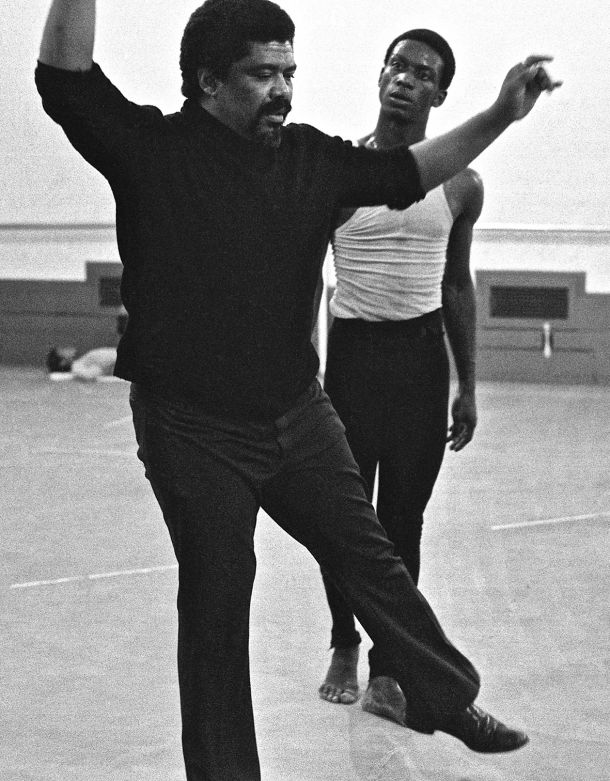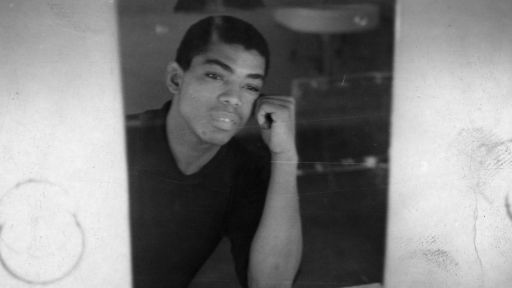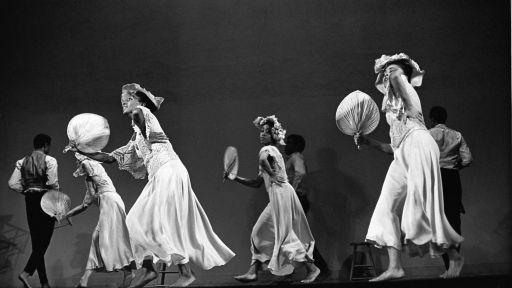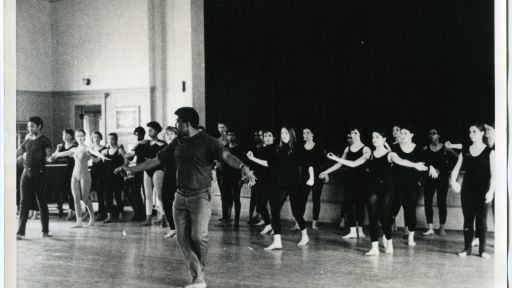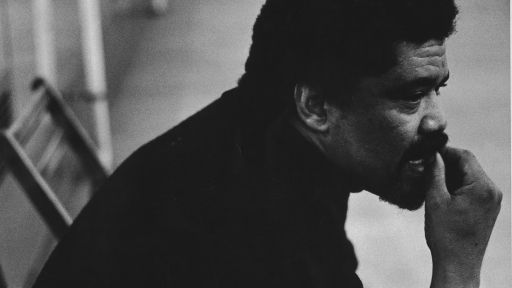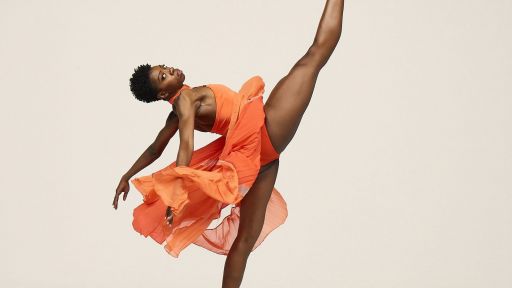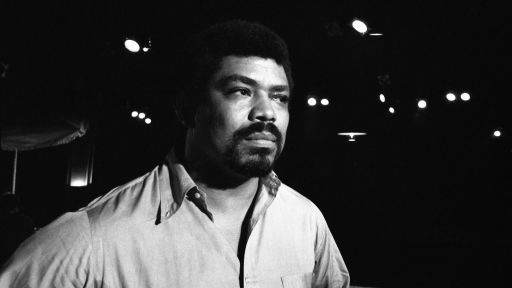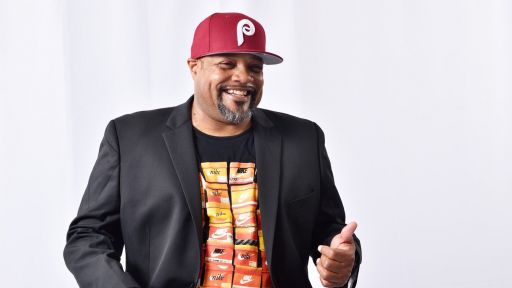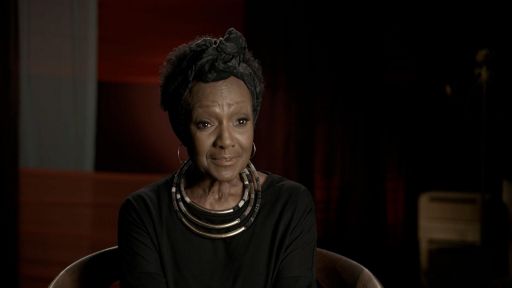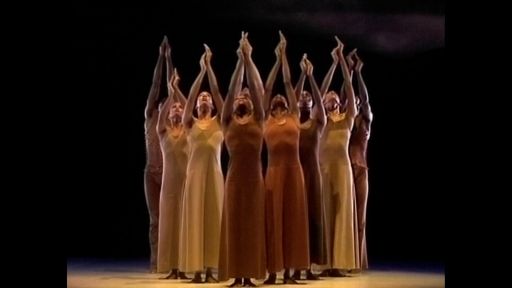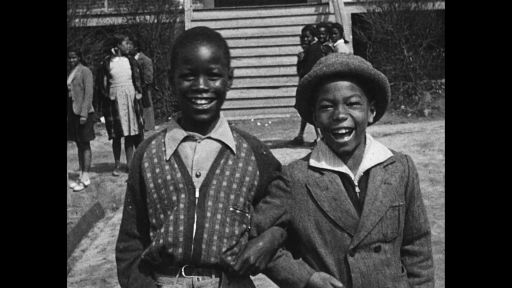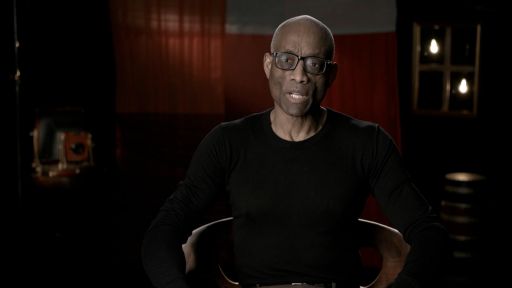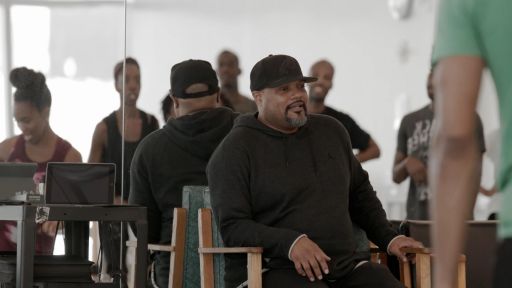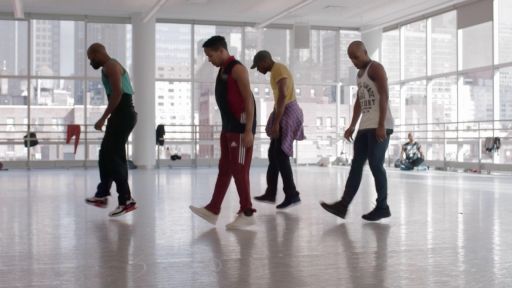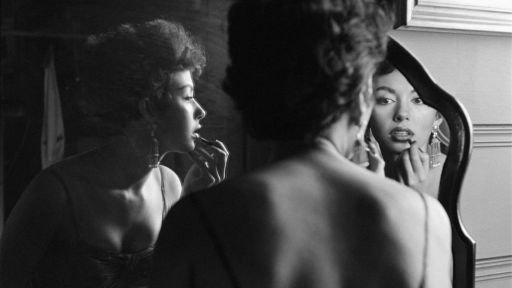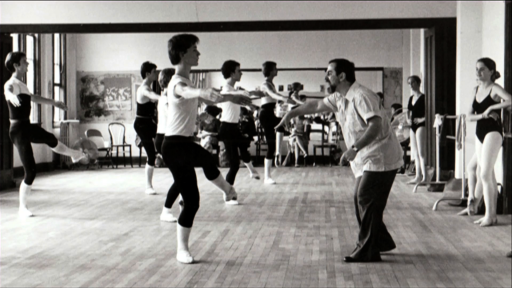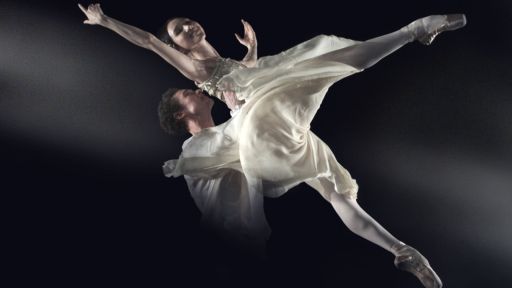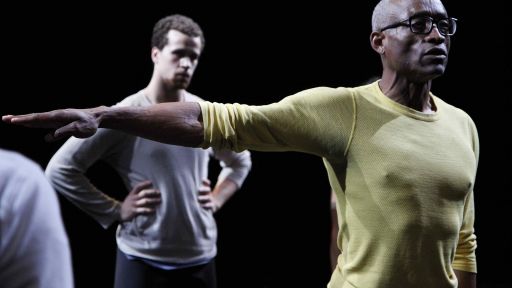Exploring the Black American experience through choreography, Alvin Ailey searched for “truth in movement.” In his legacy, artists continue to be inspired by the profound impact of his work and words. Here are selected quotes from Ailey on the beauty and hardships of dance and life as he experienced them.
Alvin Ailey on his passion for dance and choreography
“I’m a choreographer. I create movement and I’m searching for truth in movement.”
“I always felt that, that dance was a natural part of what I wanted to express, that what I can do with my body was a part, a very important part, of me and a way to release some of those things in myself that I had been looking for.”
“I love the idea of people coming and working together. I love the idea of the discipline.”
“. . . as choreographers, [we] start with an empty space and a body or two and we say ‘Carve this space.’ I love creating something, where there was nothing before.”
“When the dance bug bit me [my mother] said, ‘You go and do whatever you want to do.’”
Alvin Ailey on life as a dancer
“Dance, it’s an enormous sacrifice. I mean, it’s a physical sacrifice, dancing hurts. You don’t make that much money. . . It’s a tough thing, you know, you have to be possessed to do dance.”
“It was a catch-as-catch-can dancer’s life. Everybody that I could ever dreamed of was here in New York City and when I got here, I immediately jumped into classes with all of them.”
“To provide a place of beauty and excitement, a place for other choreographers to experiment. To provide a place where people can come and feel like they can add themselves and then reap the benefits of what they put in. I want it to be easier than it was for me.”
Alvin Ailey on capturing the Black experience
“I wanted to do the kind of dance that could be done for the man on the streets, the people. I wanted to show Black people that they could come down to these concert halls. That it was part of their culture being done there. And that it was universal.”
“To a man who wonders who he is. A little kid who’s been through the mud in Texas running through the dirt with his mother looking for someplace to live . . . The agony of coming from where I came from and then dancing on the Champs Elysee. The contrast of all that. On one hand, the darkness where you feel like you are just nobody, nothing. And the other hand, you are the king, you’re on top of the world.”
“I came up with a piece. An evening-long saga to the Black experience. I would call it ‘Revelations’. . . My blood memories. The memories of my parents, uncles and aunts. Blues and gospel songs that I knew from Texas.”
“Our beautiful black songs from the churches. The joy of these people, of my aunts and uncles exploding in the church is something that was always with me.”
“In order to say something to an audience you’ve gotta get them to look at you and listen to you. So if I’m trying to make a protest statement the audience is much more likely to get that message if they can hear something like ‘House of the Rising Sun.'”
“The problem is, if you’re a Black anything in this country, people want to put you into a bag. People sometimes say, ‘Well, you know, why is he doing that now, why can’t he stick to the blues and the spirituals?’ And I’m also a 20th century American, and I respond to Bach, and Ellington, and Benjamin Britten, and Samuel Barber, and why shouldn’t I?”

